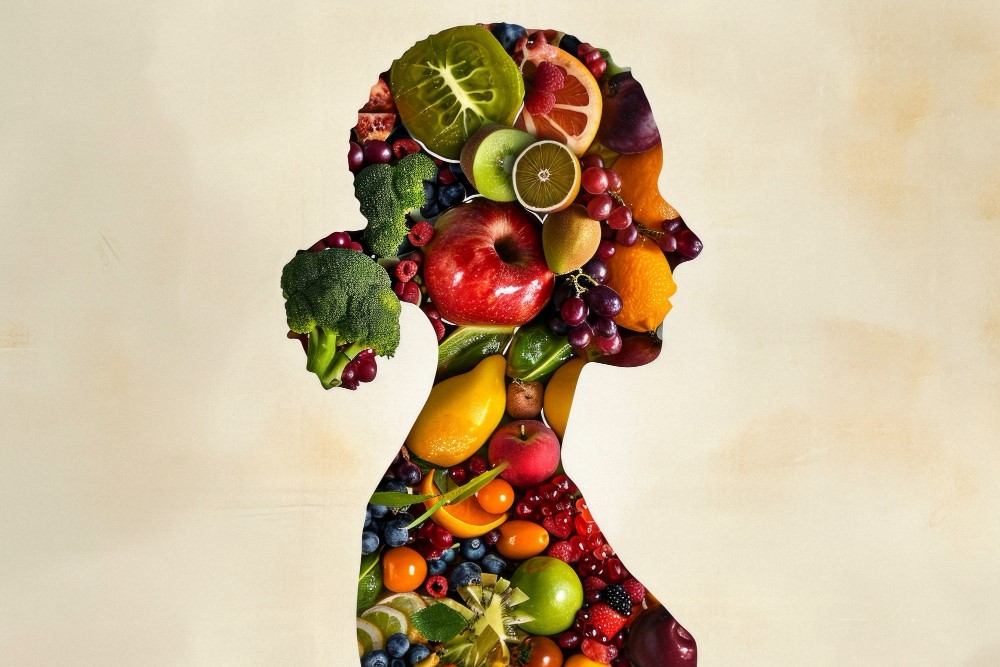In 2024, the connection between nutrition and mental health is becoming increasingly recognized. Research shows that what we eat can significantly impact our mental well-being, influencing mood, cognitive function, and overall mental health. Understanding this connection is crucial for developing strategies to improve mental health through diet.
The Gut-Brain Connection
The gut-brain connection is a critical aspect of how nutrition affects mental health. In 2024, scientists continue to uncover the complex relationship between the gut microbiome and brain function. The gut microbiome, composed of trillions of microorganisms, plays a vital role in producing neurotransmitters such as serotonin, which regulates mood. A healthy gut microbiome, supported by a balanced diet, can positively influence mental health.
Essential Nutrients for Mental Health
Certain nutrients are essential for maintaining good mental health. In 2024, nutritionists emphasize the importance of a diet rich in omega-3 fatty acids, vitamins B and D, magnesium, and antioxidants. Omega-3 fatty acids, found in fatty fish and flaxseeds, are known for their anti-inflammatory properties and their role in brain health. B vitamins, found in whole grains and leafy greens, are crucial for energy production and brain function.
The Role of a Balanced Diet
A balanced diet that includes a variety of whole foods is vital for mental well-being. In 2024, dietary patterns such as the Mediterranean diet, rich in fruits, vegetables, whole grains, and healthy fats, are linked to better mental health outcomes. This diet provides the necessary nutrients for brain health and reduces the risk of developing mental health disorders such as depression and anxiety.
The Impact of Processed Foods
Processed foods, high in sugar, unhealthy fats, and additives, can negatively impact mental health. In 2024, there is a growing awareness of the detrimental effects of a diet high in processed foods on mental well-being. These foods can cause inflammation and oxidative stress, contributing to mental health issues. Reducing the intake of processed foods and focusing on whole, nutrient-dense foods is crucial for maintaining good mental health.
Personalized Nutrition Plans
Personalized nutrition plans are becoming more popular in 2024 as people recognize that individual dietary needs vary. Tailored nutrition plans consider genetic, metabolic, and lifestyle factors to provide customized dietary recommendations. These plans can help individuals optimize their nutrition to support mental health and overall well-being.
Conclusion
The connection between nutrition and mental health is undeniable, and in 2024, there is a greater emphasis on using diet to support mental well-being. By understanding the impact of nutrition on mental health, individuals can make informed dietary choices that promote a healthy mind and body.







